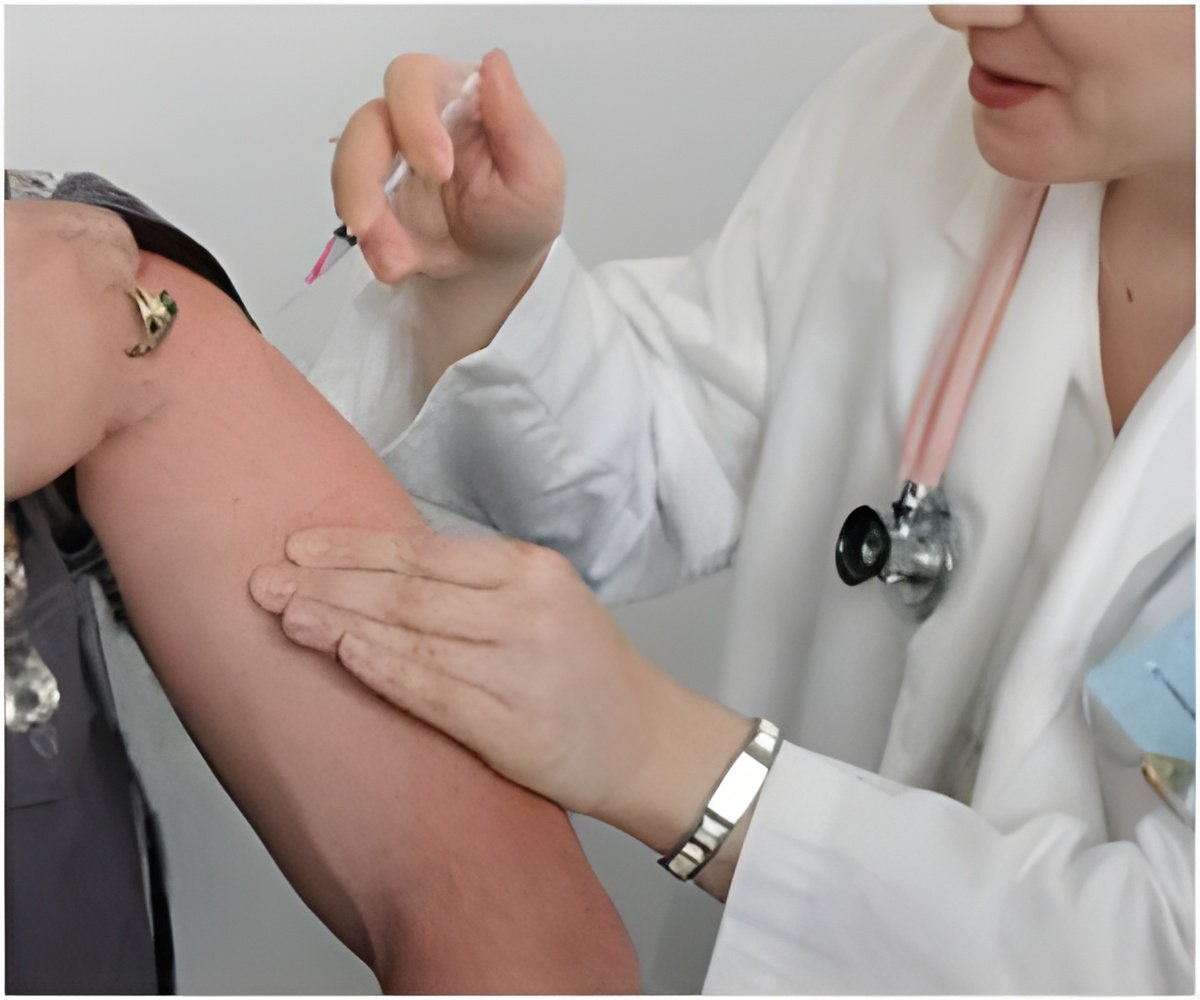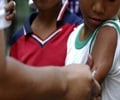The World Health Organization (WHO) said that all its member countries in the Southeast Asian region have eliminated maternal and neonatal tetanus.

‘All member countries in the Southeast Asian region have eliminated maternal and neonatal tetanus, revealed the World Health Organization (WHO).’





Poonam Singh Khetrapal, Regional Director for Southeast Asian region, said, "The achievement demonstrates the commitment of countries in the region to improve maternal and child health, especially neonatal health." "Persistent efforts and innovative approaches to enhance tetanus vaccination coverage of pregnant women and children, increase skilled birth attendance and promote clean cord practices made MNTE a reality," she said.
Partner organizations such as UNICEF, UNFPA, community-based organizations and other stakeholders played a critical role in the success.
Source-IANS










